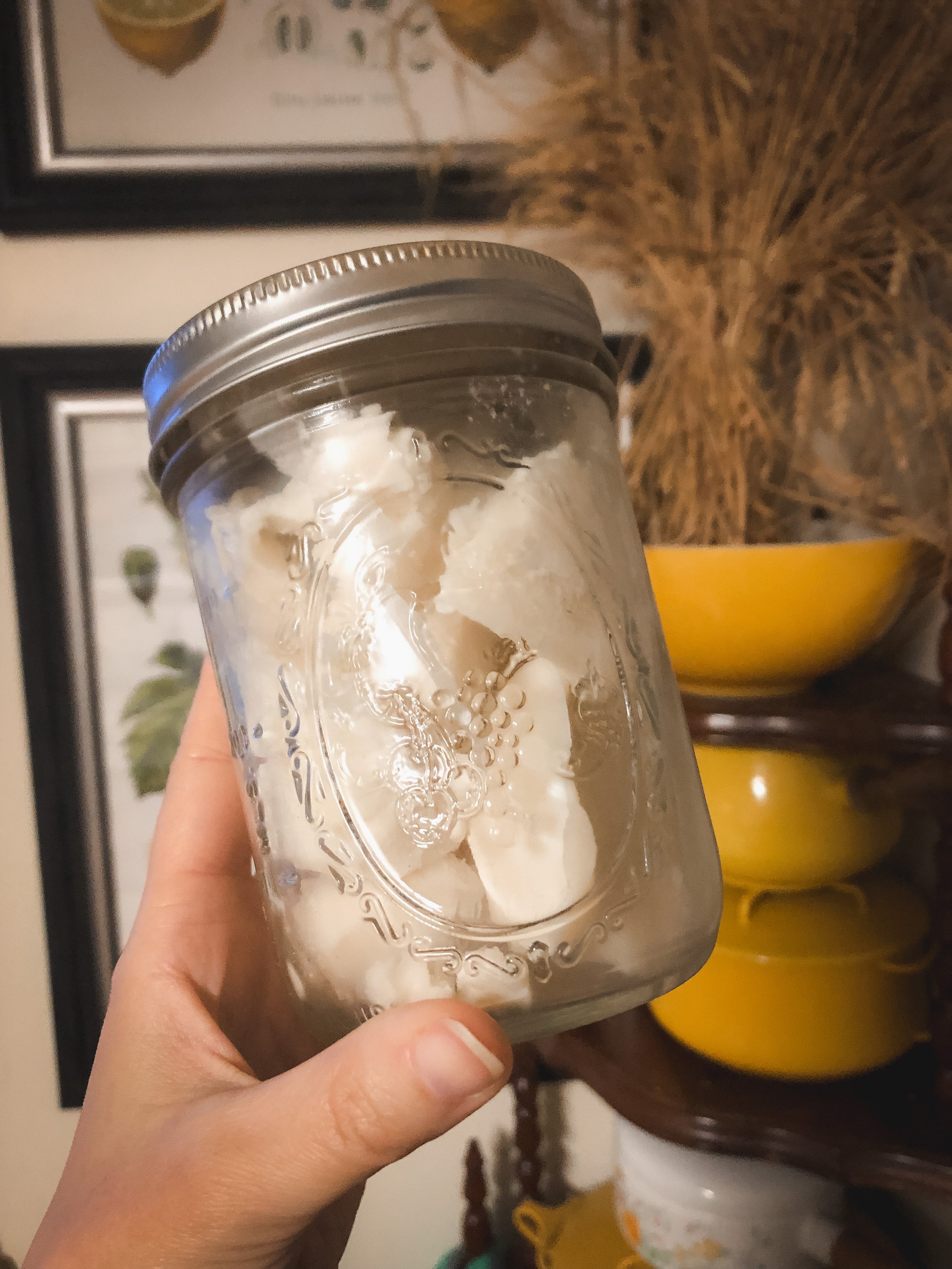Beekeeping in New Jersey
New Jersey is a great place to have honeybees, it is the garden state after all.
While some locations offer more readily available forage, wherever you are, there’s almost always going to be sources of nectar for your bees to forage. In fact, there are people successfully keeping bees in the pine barrens; no matter where you are located, there will likely be some kind of flowering plants. Think about how many people grow flowers and small gardens even in suburban neighborhoods, especially these days. Having vegetable gardens and fruiting plants are becoming more common even in developed areas. But wherever you are, bees are resourceful and relentless and will find whatever food source is available.
As you spend time observing and tending your bees, you will learn more and more about the types of food sources and when they become available. In New Jersey we, in theory, have all four seasons. This makes beekeeping here unique from those in colder or warmer climates where there may be brutally long, cold winters, or no real winter at all. How you tend your bees depends greatly on your climate, and here in New Jersey, we have to adjust to deal with all four. This is something very key to keep in mind when watching videos and reading articles or books on beekeeping.
We strongly suggest you do as much research as possible using a variety of sources to prepare yourself for when your bees arrive, but it’s good to reference the location of these sources and adjust the information and strategies to suit your climate.
Much of beekeeping is about timing and learning to see the signs around you in nature and reading signs the bees themselves are giving you.
While your climate will be the major factor determining how you keep your bees, one of the worst things beekeepers have to deal with, no matter their climate, is the Varroa Mite.
Varroa Mites are, to date, the most deadly pests to affect bees. It’s hard for most people to understand that an insect like a honeybee could have a parasite with such devastating effects, but we have seen first hand the destructive impact of Varroa. In fact these mites were our biggest struggle when we first got into beekeeping, and we did not even realize why we kept losing our hives, because we didn’t know how to monitor and see the signs.
There are multiple options for treatment to deal with the mites and we will go into detail about those later, but it’s imperative that you do your research on Varroa Mites and have a clear plan to monitor and handle them in your apiary. If you fail to make a plan to prevent Varroa, there is almost nothing you can do to make up for damages after the fact. Losing your hive of honeybees whether they die or abscond, is a heartbreaking thing to go through and it can be very discouraging. Sometimes lessons must be learned the hard way, but if we can, we would like to help others avoid learning this way.
The Winter Season
Brings Challenges
Mostly Anticipation of Spring!!
Information is power. Do your research and learn what you can, come up with a clear goal and a strategy to achieve it. Beekeeping is a very hands on adventure, and we are here to help you acquire the tools needed to be successful.







